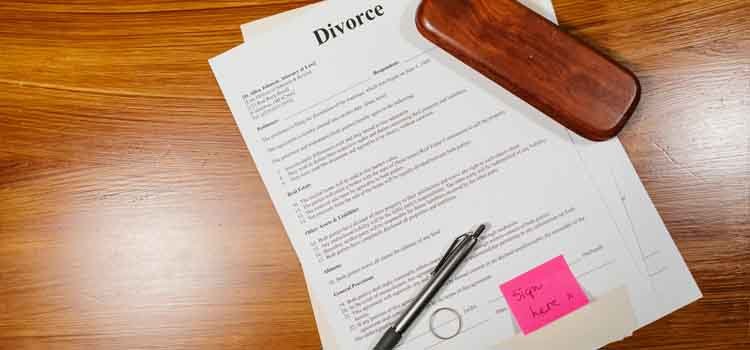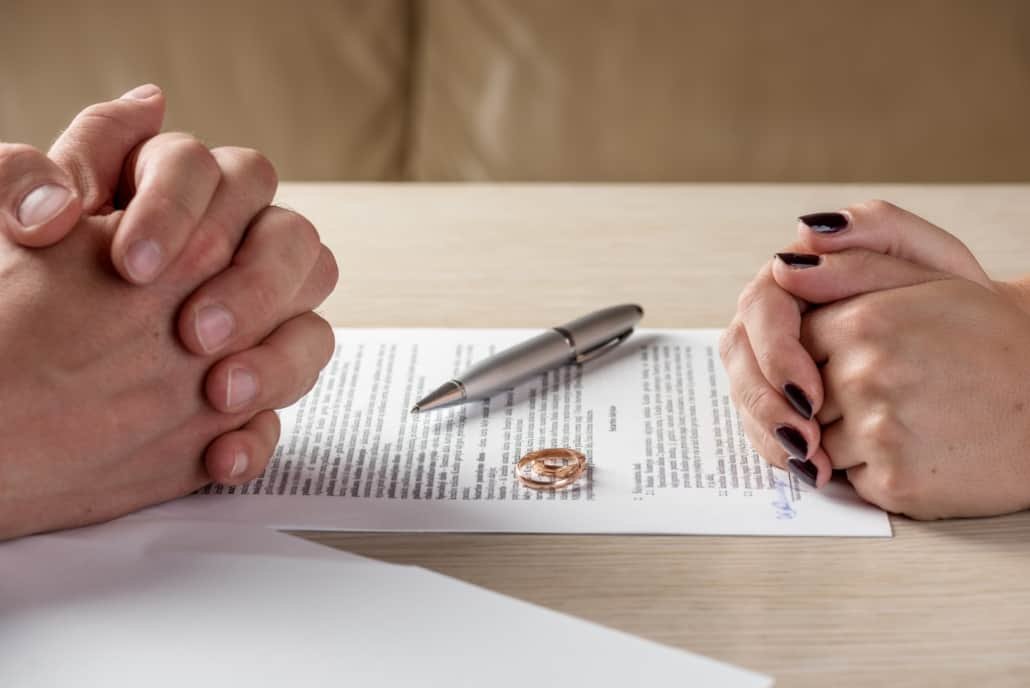Starting the divorce process without a lawyer, often referred to as a pro se divorce, can be a viable option for couples in New Jersey, especially if both parties agree on major issues like property division, child custody, and support. While divorce without legal representation can save money and expedite the process, it also requires careful attention to detail to avoid common pitfalls. Here’s a step-by-step guide on how to begin a divorce without a lawyer in New Jersey.
Understand the Divorce Laws in New Jersey
Before initiating the divorce process, it’s essential to familiarize yourself with New Jersey divorce laws. New Jersey is a “no-fault” state, which means that you do not need to prove wrongdoing (such as adultery or abandonment) to file for divorce. You can simply cite irreconcilable differences as the reason for the divorce. In NJ, one spouse must have lived in the state for at least one year before filing for divorce.
It’s also important to note that there are two types of divorces in New Jersey: contested and uncontested. In an uncontested divorce, both spouses agree on all major issues, which simplifies the process. A contested divorce, on the other hand, involves disputes that need to be resolved by the court.
Gather the Required Documents
To start a divorce in New Jersey, you’ll need to gather specific forms and documents. The main form is the Complaint for Divorce, which outlines the details of your marriage, the reason for the divorce, and the relief you are seeking (e.g., custody, alimony, division of assets). Other forms you may need include:
- Confidential Litigant Information Sheet
- Summons
- Family Part Case Information Statement
All necessary forms can typically be found on the New Jersey Courts website or obtained from your local county courthouse. It’s critical to fill these forms out correctly, as any mistakes could delay the process.

File the Divorce Papers
Once the necessary forms are completed, you’ll need to file them with the Superior Court of New Jersey, Family Division, in the county where either spouse resides. The court requires a filing fee, though you can apply for a waiver if you cannot afford it. After filing, the court will issue a docket number, which is necessary to track your case.
Serve the Divorce Papers
After filing the divorce papers, the next step is to serve your spouse with the documents. In New Jersey, this can be done through certified mail or by having a process server deliver the papers. Your spouse will then need to file an Answer or Appearance to acknowledge receipt of the divorce documents. If your spouse fails to respond, you may be able to proceed with a default judgment.
Complete the Case Information Statement
The Case Information Statement (CIS) is one of the most critical documents in the divorce process. It details your financial situation, including income, expenses, assets, and debts. This information is essential in determining child support, alimony, and division of property. The CIS must be filed within 20 days after serving your spouse, and accuracy is crucial to avoid complications later on.
Reach a Settlement Agreement
If you and your spouse are able to come to an agreement on issues like child custody, spousal support, and division of property, you’ll need to draft a Marital Settlement Agreement. This agreement must be in writing and signed by both parties. Once the agreement is finalized, it can be presented to the court for approval.
In many uncontested divorces, the court will schedule a hearing to review the settlement agreement. If everything is in order, the judge will issue a Final Judgment of Divorce, making the divorce official.
Attend the Court Hearing
Even in uncontested cases, New Jersey law typically requires at least one spouse to attend a brief court hearing. During the hearing, the judge will review your paperwork and confirm that both parties understand the terms of the divorce. If everything is in order, the judge will sign the Final Judgment of Divorce, legally ending the marriage.

Finalizing the Divorce
After the court grants the divorce, there may be additional steps to take, such as changing your name, updating legal documents (like wills or insurance policies), and finalizing the division of assets. It’s essential to ensure that all legal and financial matters are properly addressed to avoid future complications.
Is a Lawyer Necessary?
While it’s possible to complete a divorce without a lawyer in New Jersey, it’s not always the best option for everyone. Complex cases involving high-value assets, contested child custody, or complicated financial situations may require legal expertise. However, if both parties can agree on the terms of the divorce, and the financial and custody issues are straightforward, handling the process without a lawyer can save time and money.
Final Thoughts
Starting the divorce process without a lawyer in New Jersey can be a straightforward and cost-effective option, especially in uncontested cases. By familiarizing yourself with state laws, completing the necessary paperwork, and reaching an agreement with your spouse, you can successfully navigate the divorce process on your own. However, if any part of the process becomes overwhelming or contentious, seeking legal advice is always a smart step to ensure your rights are protected.


